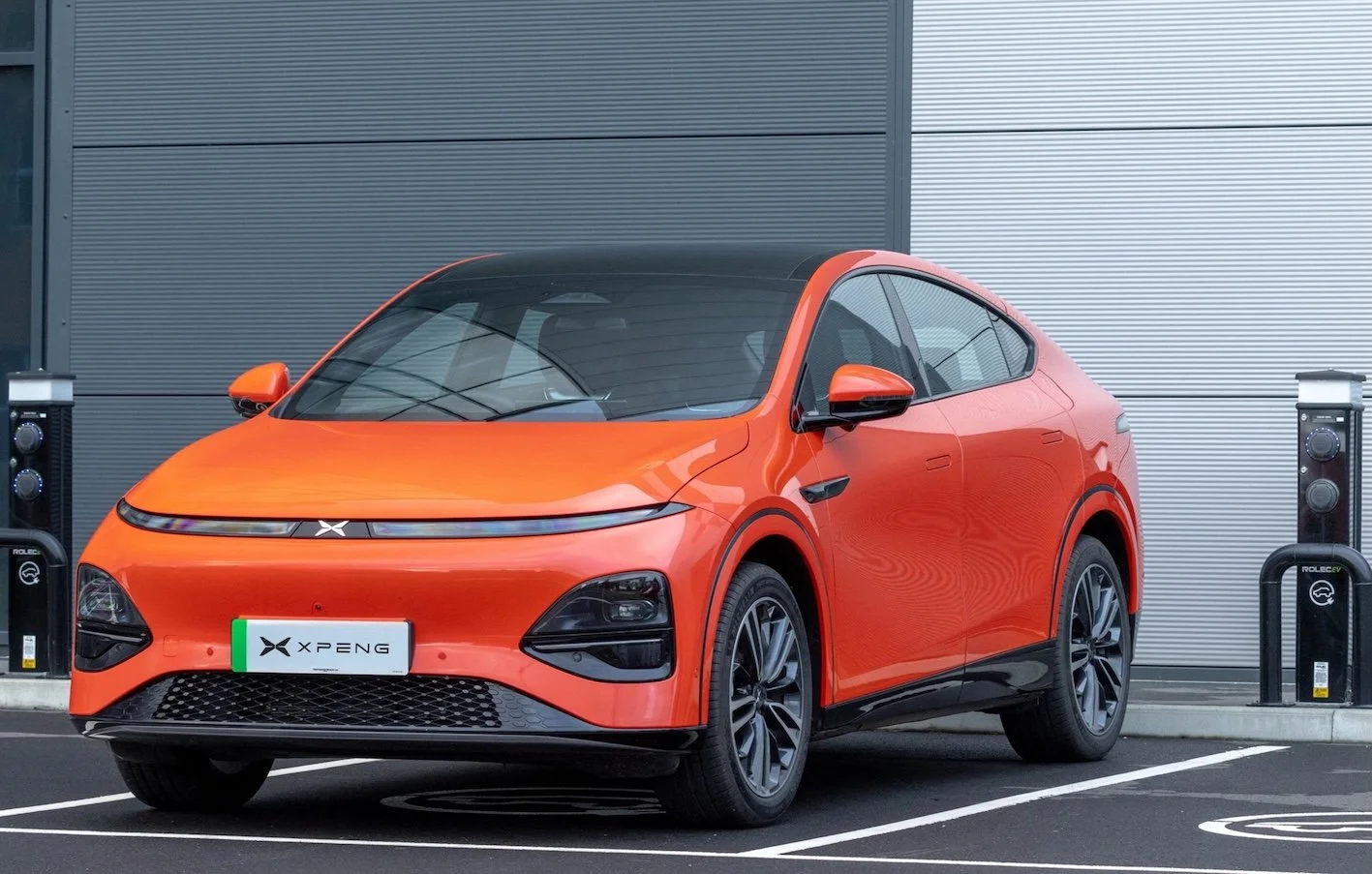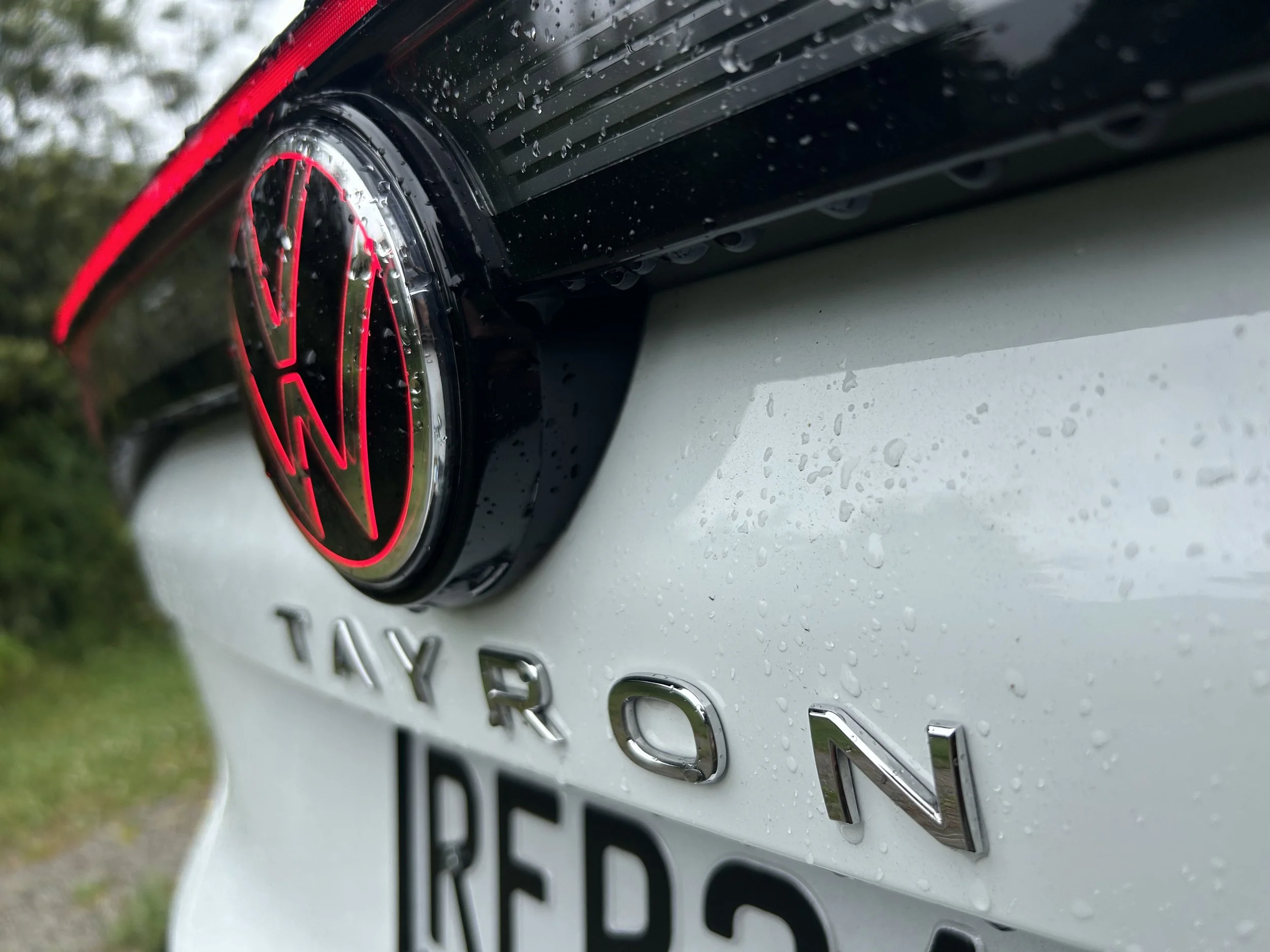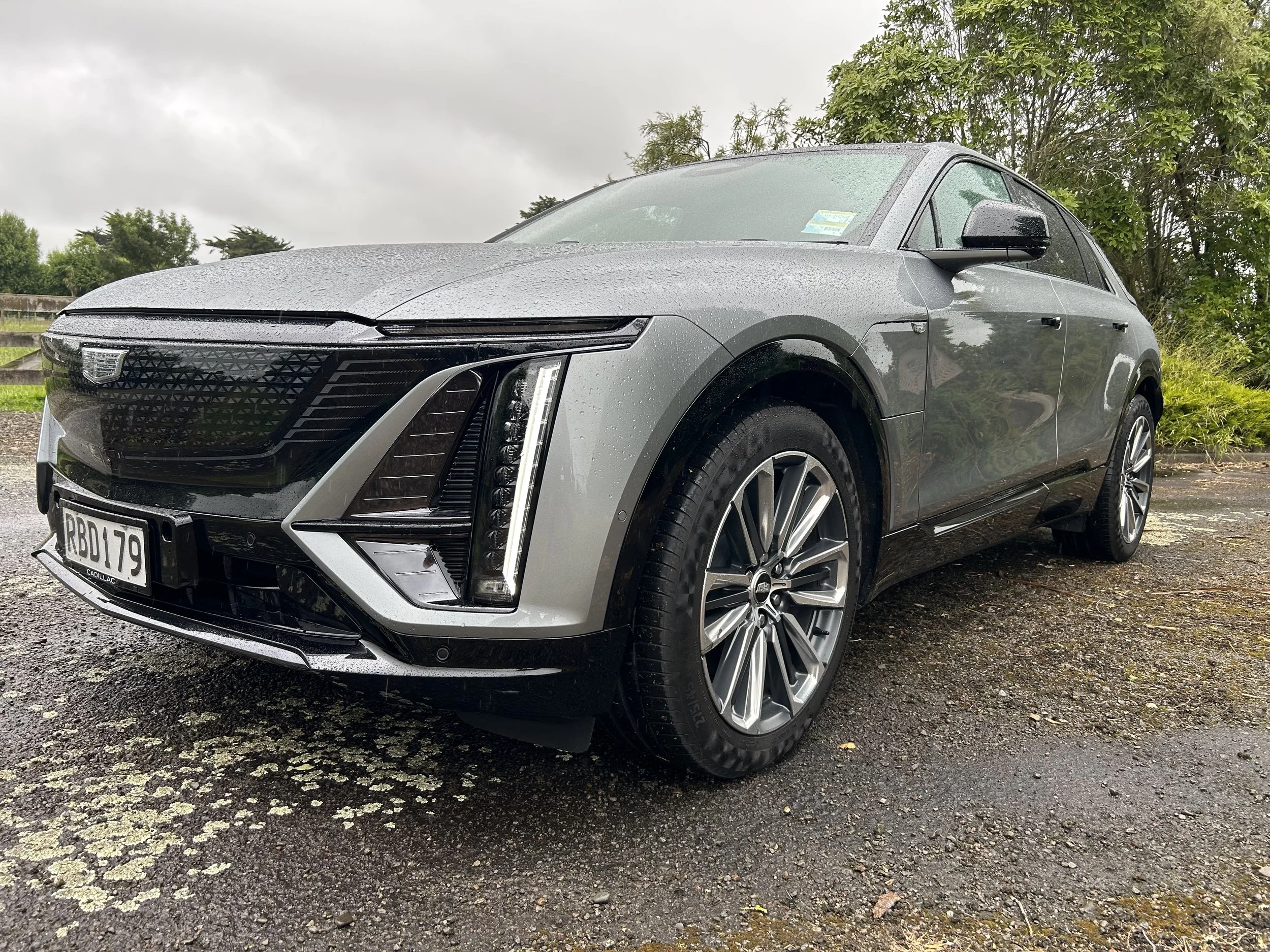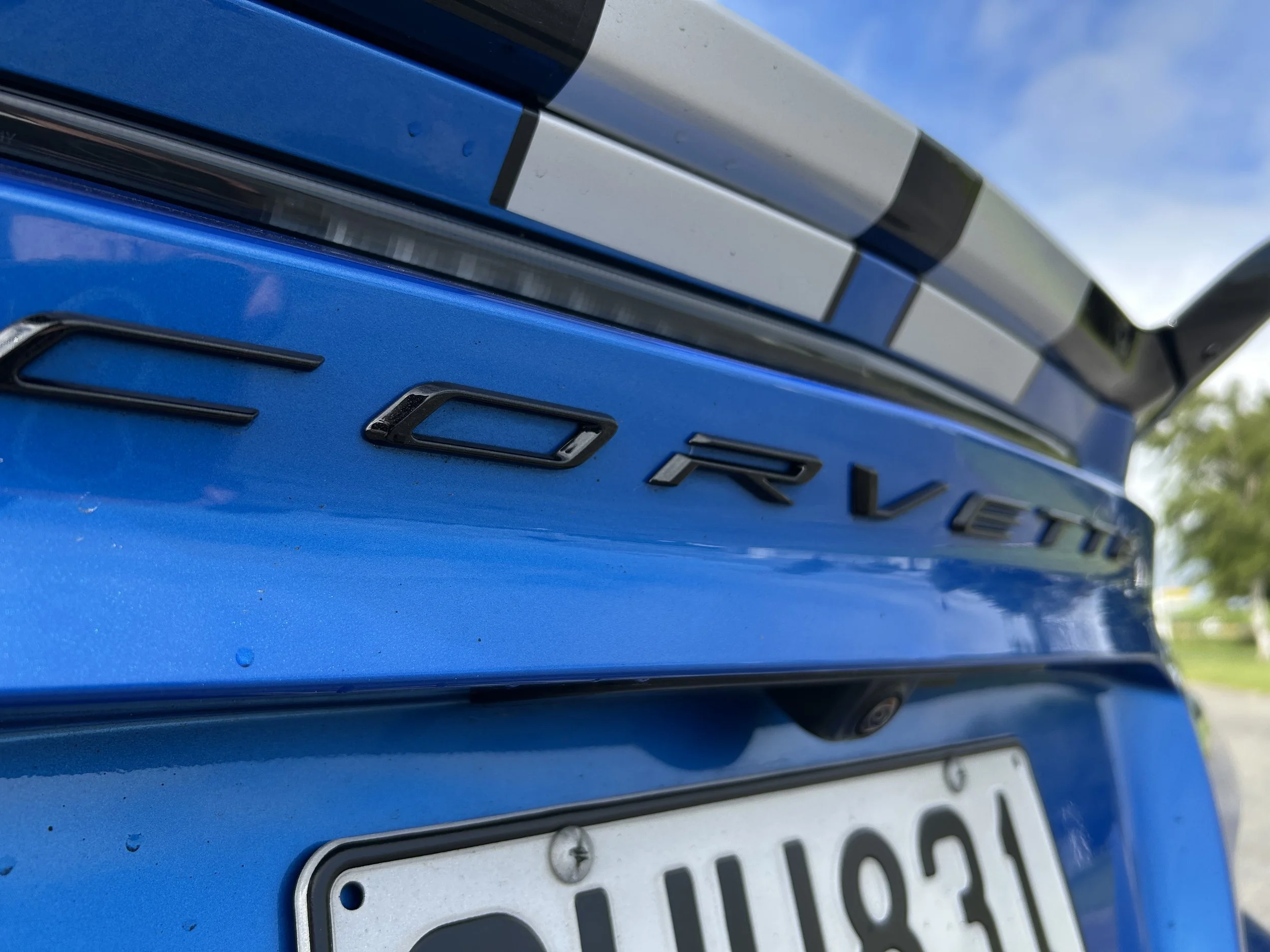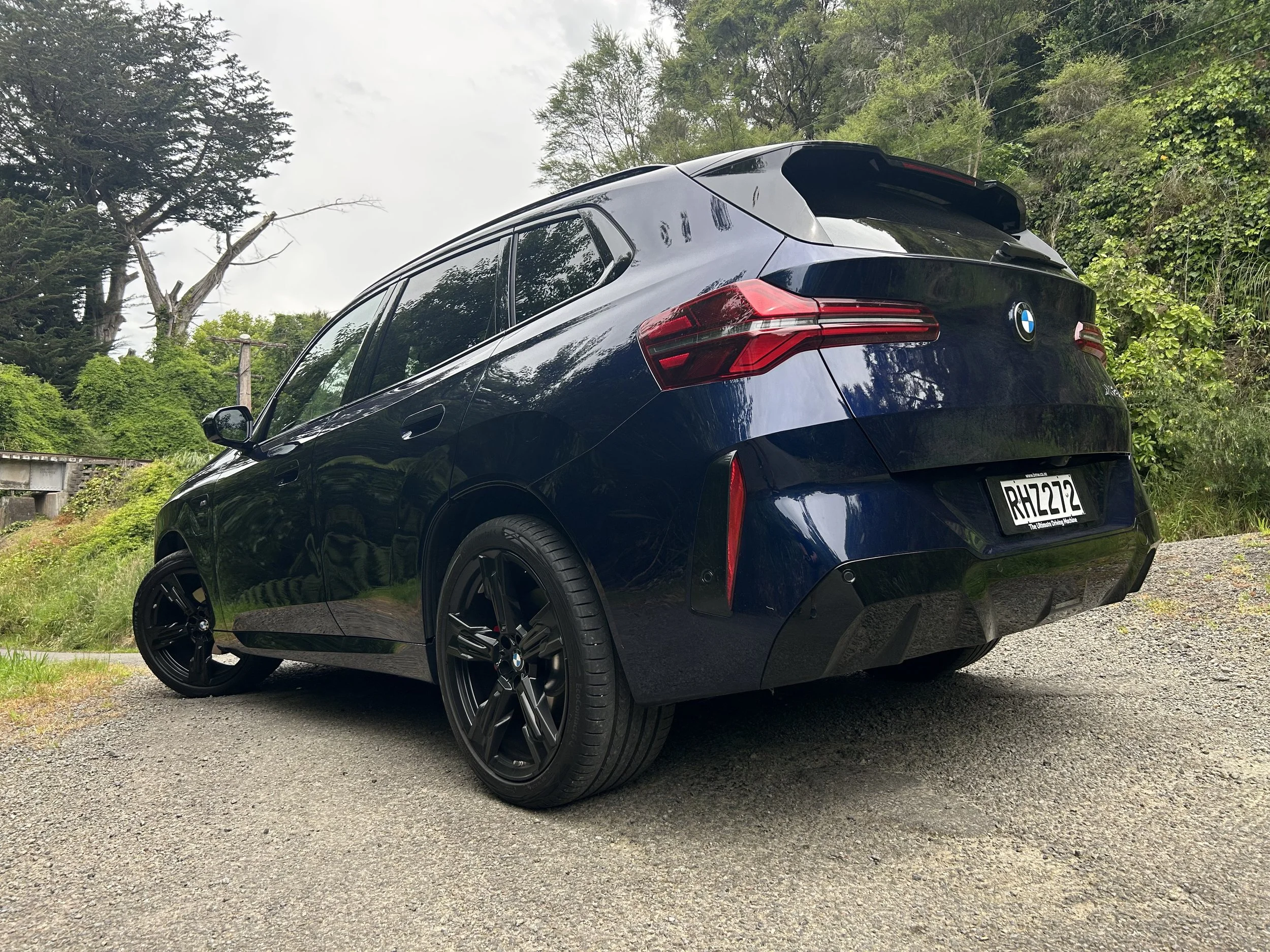Ute outlook Pt 1: Mazda's new love ... Max
/Our national obsession for utilities, especially family-minded dual-cabs, knows no bounds. The market is booming at the moment, and filled with plenty of strong options. Yet surely you’re also keen to know something about what’s coming up next, when and from whom? So, here’s the first instalment of a three-part analysis.
2020 D-Max
ONE of the big motoring stories over the next few months is going to be all about utes – what’s going to be new, and who is going to be building them.
It’s called platform sharing, folks. And the art of sharing development costs. In recent times it’s seen the likes the Mazda BT-50 built on the same platform as the Ford Ranger, the Mercedes-Benz X-Class built on the same underpinnings as the Nissan Navara, and the Holden Colorado sharing the platform of the Isuzu D-Max.
Now the deckchairs have been re-arranged and the platform sharing has started all over again. But while the process itself is remaining the same, the outcomes are a lot different.
So which new ute is being developed with which other new ute – or even utes? In this series of articles, we provide the breakdowns, starting with a pair of newly-weds.
Back in the day when Ford owned 35 percent of Mazda, the Australian division of the blue oval company was largely responsible for development of what remains New Zealand’s biggest-selling vehicle, the Ranger.
And, thanks to the ownership scenario at the time, Mazda conceived its BT-50 version off the Ranger. Although it featured such differences as unique body styling and different suspension settings, the two utes shared the same chassis and same powertrain and were even built in the same factory in Thailand.
While the process saved a lot of money in development costs, in New Zealand this platform sharing scenario proved to be something of a double-edged sword for Mazda.
That was because of Mazda’s 24 Kiwi dealerships, 18 of them were also Ford dealerships – and for sales staff it was easier to sell the hugely popular and masculine-looking Ranger than the BT-50, despite the fact Mazda NZ went to great lengths to differentiate between the two, particularly as regards pricing.
End result: Ranger has a 20 per cent share of New Zealand’s ute market, while the almost identical BT-50 owns 5 per cent.
2020 D-Mx
Ford doesn’t own any stake in Mazda any more – it sold its shareholding in 2010 – and the current BT-50 is the only remaining remnant of that ownership scenario. And now that’s about to change, thanks to a supply agreement Mazda brokered four years ago with Isuzu.
At the time, the two brands said the agreement would allow Mazda to “maintain own-brand market coverage.” In other words, get out from under the shadow of Ford.
And Isuzu? Back in 2016 it said the agreement would allow it to “enhance its product competitiveness”. In other words, rid itself of lingering claims that its D-Max ute has for all intents and purposes always been a Holden Colorado.
Actually, it’s always been the other way around.
At one stage General Motors owned 49 per cent of Isuzu, which gave the Detroit giant access to Isuzu light trucks. That explains why the Holden Rodeo sold in Australasia from 2002 to 2008 was in fact the original Isuzu D-Max.
But when GM began to sell down its shareholding in Isuzu, the two brands began to go their own ways. GM lost the right to the Rodeo name and changed the name of the Holden ute to Colorado, then Isuzu distribution operations were established in Australia in 2008 and New Zealand in 2010, which allowed the brand to begin to sell the D-Max.
It’s been like that ever since, with the D-Max and the Colorado essentially sharing the same platform but being increasingly their own vehicles – different engines and powertrains, different bodyshell designs (well, from the A pillar forward anyway), and built in different Thai assembly plants.
But now that’s all about to change. Instead of a BT-50 being a Ranger and a D-Max being a Colorado, the new BT-50 will be a new D-Max.
First to arrive will be the D-Max, which has already been launched in its home Thailand and was scheduled to be unveiled in New Zealand just after mid-year – in fact dealers were scheduled to be in Thailand in late April to watch the first kiwi models roll off the assembly line.
But thanks to Covid-19 the assembly plant was shut down, and the trip had to be cancelled. Isuzu Utes NZ Ltd marketing manager Kathyrn Hayward said the company is now working with the factory to confirm a new arrival date for the D-Max.
“We will provide more information when we can,” she added.
A feature of the new ute is that it will be powered by a beefed-up version of the excellent 3.0-litre four cylinder turbo diesel that is under the bonnet of the current model. Power has gone up to 140 kilowatts and torque has risen to 450 Newton metres. It’s also going to have improved safety specification and more infotainment.
During last year’s Tokyo Motor Show, Isuzu told the attending media that the new D-Max was developed solely by Isuzu as the original equipment manufacturer, with the finished product then provided to Mazda.
A shared disclosure agreement with Isuzu means Mazda New Zealand is unable to disclose any specifics about how the brand has BT-50-ised the ute. That will become clear when the vehicle is launched here later this year.
But Mazda NZ product and sales planning manager Tim Nalden did confirm that the current BT-50 is enjoying such a “halo” period at the moment – it’s achieving its highest monthly segment share levels since its first year on the market in 2011 – that it is leading the company to consider selling both models side-by-side for a period of time.
It’s going to be interesting how both these new models perform on the New Zealand ute market.
Last year the BT-50 was the sixth biggest selling ute here with 2325 sales, and the D-Max one place behind with 1802 sales. But in 2020/2021 a combination of the fact they are brand-new, and the imminent disappearance from the market of the volume-selling Holden Colorado, could see a rise in registrations of both of these models.







